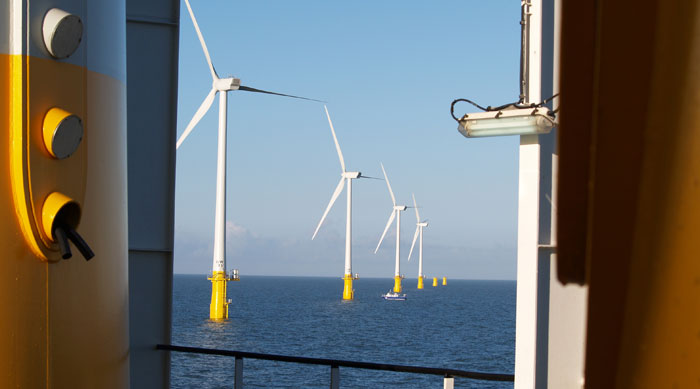Despite major cuts to the subsidies available in the renewables sector, the UK is still holding firm on its green promises and was recently credited as the world’s the fourth largest investor in renewable energy.
Indeed, over the course of 2015, the solar power industry experience a 60% tariff reduction which, in turn, saw new sources of solar, wind and hydropower energy generation introduced at a record-breaking rate. A total of 147 gigawatts (GW) of generating capacity was added last year according to a recent Renewables Global Status Report. As such the world’s renewable sector now provides more than 8.1m jobs (directly and indirectly) with solar pv and biofuel providing the majority of jobs.
And perhaps it’s no surprise that 2015 was so successful in the renewables stakes; it was also the year that both the G7 and the G20 made commitments to improve the accessibility of renewable energy as well as improve energy efficiency more generally. The year of high profile eco events culminated in December’s Conference of the Parties (COP21) in Paris, during which representatives from 195 different countries agreed to the UN framework which sees limitation imposed on global warming at below 2 degrees Celsius.
In terms of who ranked higher than the UK, as one might expect, it’s China, the US, and Japan that take first, second and third place respectively in terms of overall spend on renewables. And whilst the UK remains in fourth place for solar pv investment, it drops to outside the to five in all other categories – from wind power to biodiesel production.
Regardless, the new statistics are hugely positive for the nation’s reputation as a sustainability leader and evidence the UK’s commitment to going green despite the falling price of fossil fuels. John Thompson, Chief Executive at the Association of Plumbing and Heating Contractors, expressed real pride for the UK’s achievement though warned against celebrating too ardently. He stressed the negative effect that cuts to subsidies (such as the scrapping of the Green Deal) had had on the sector and urged the government to avoid making further cuts if possible for they would inevitable have an “adverse impact” on a local and global scale.


